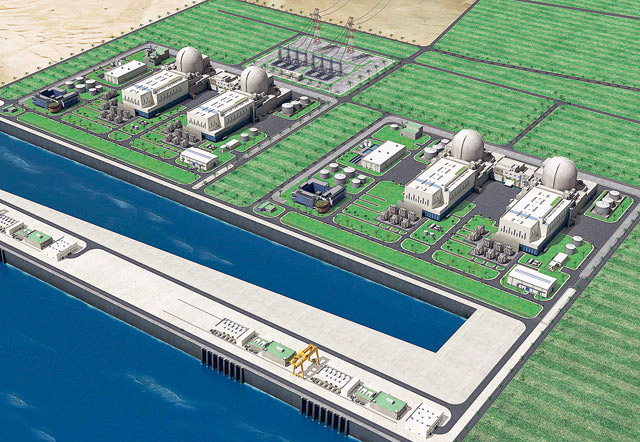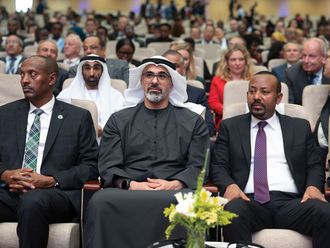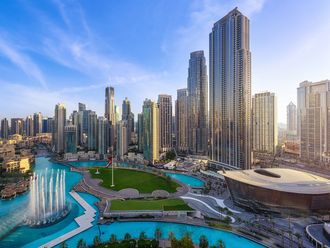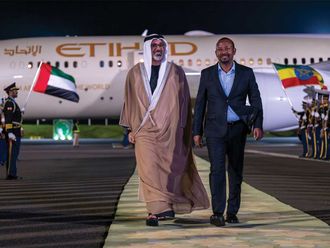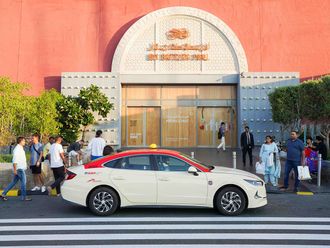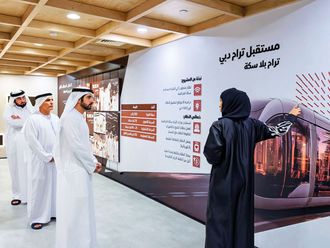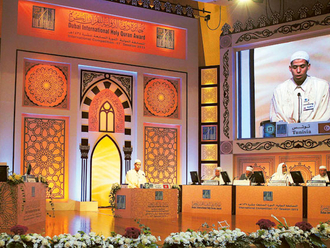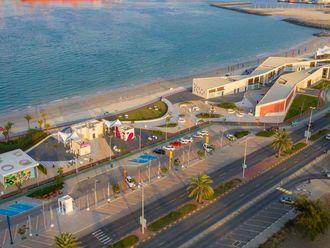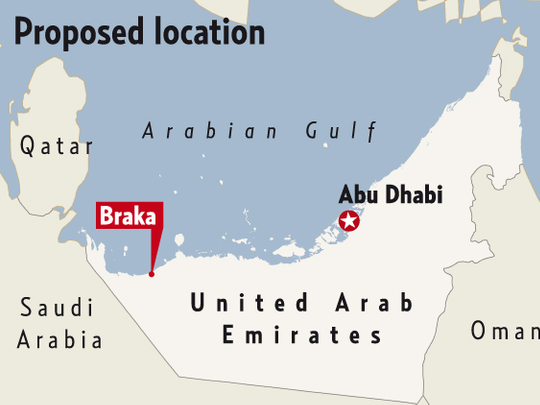
Abu Dhabi: Emirates Nuclear Energy Corporation (Enec) has selected government land in Braka, a site on the Arabian Gulf about 75km from the Saudi border on Emirates Road, for the construction of the country's first four nuclear plants, it said in a statement on Thursday.
Enec, the body in charge of developing the UAE's nuclear programme, said it has filed an environmental assessment and two licence applications to prepare the site to the Federal Authority for Nuclear Regulation (FANR).
Enec said it has requested a reply by July 5.
Stable seismic history
Braka fulfilled requirements for the site including being close to water and the existing power grid, lying away from large population centres and having a stable seismic history, Enec said in its statement.
"The selection of our preferred site is the result of an evaluation process that meets or exceeds international standards," Mohammad Al Hammadi, chief executive officer of Enec, said in a statement.
"The evaluation has provided an extensive amount of information which Enec used in its determination of where in the UAE we can locate the nuclear power plants in the safest manner."
Enec said it will submit construction applications for the first two plants by the end of the year.
Construction of the first plant will begin in late 2012, and operation is scheduled to start in 2017.
Last month, Korea Electric Power Company (Kepco) awarded a $5.59 billion (Dh20.6 billion) contract to Hyundai Engineering and Construction and Samsung C&T for the construction of the four plants.
According to Enec, Braka is now home to UAE nationals residing in 65 villas.
Residents of the area "who have been granted temporary use of land by the government will be informed that they will need to vacate the area," Enec said.
An Enec spokesman declined to comment on whether Saudi officials were consulted prior to the site selection but said all Gulf Cooperation Council countries were "aware" of the UAE's nuclear energy development plan.
Sustainable alternative
By 2020 the UAE's electricity demand is expected to reach 40,000 megawatts, an annual increase of about 9 per cent. With a current capacity of about 16,000 MW, the government has said the nuclear option presents the most sustainable alternative to oil to power future growth.


